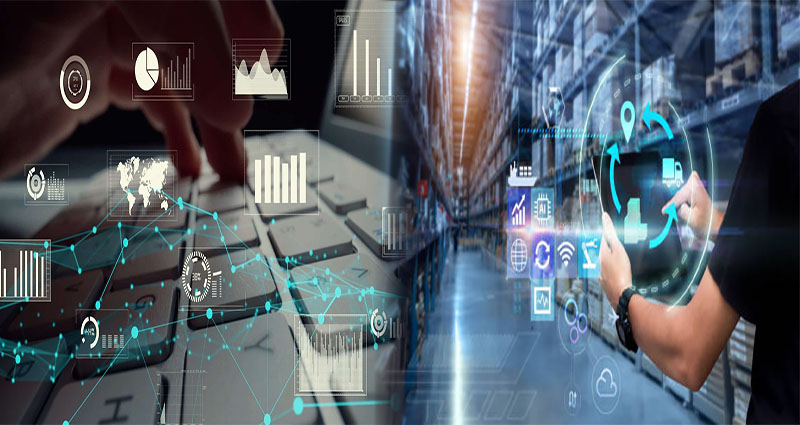The Internet of Things (IoT) is a technological revolution that has rapidly gained momentum in the past decade. It refers to the interconnection of everyday physical objects to the internet, allowing them to send and receive data. This comprehensive guide aims to provide an in-depth look at the definition, applications, challenges, and future potential of the Internet of Things.
What is the Internet of Things?
The Internet of Things encompasses a vast network of interconnected devices, ranging from smart home appliances and wearable devices to industrial machinery and smart city infrastructure. These devices are embedded with sensors, actuators, and software that enable them to collect and exchange data, creating a seamless network of physical and virtual objects.
Applications of IoT
The applications of IoT are wide-ranging and diverse, impacting various sectors such as healthcare, agriculture, transportation, and manufacturing. In healthcare, IoT devices can monitor patients’ vital signs in real time, allowing for remote health monitoring and timely intervention. In agriculture, IoT technology is used for precision farming, optimizing irrigation and fertilization based on real-time environmental data. In transportation, IoT enables the deployment of smart traffic management systems, leading to improved efficiency and reduced congestion. These are just a few examples of the countless ways IoT is transforming industries and everyday life.
Challenges and Concerns
Despite its potential, IoT also presents challenges and concerns, including data privacy and security vulnerabilities. The massive amount of data generated by IoT devices raises privacy concerns, as it becomes crucial to safeguard and regulate the use of this data. Additionally, the interconnected nature of IoT devices creates potential security vulnerabilities, as they become targets for cyber attacks and unauthorized access.
Future Potential
The future of IoT is filled with promise, as the technology continues to evolve and expand into new frontiers. From the integration of artificial intelligence and machine learning to the emergence of 5G networks, IoT is expected to become even more sophisticated and pervasive. Furthermore, the concept of “smart cities” and “smart homes” will become more ingrained in our daily lives, as IoT devices enable greater connectivity and efficiency in urban and domestic environments.
The Internet of Things represents a transformative paradigm shift in the way we interact with the world around us. Its impact is far-reaching, with the potential to revolutionize industries, improve quality of life, and drive innovation. However, it is essential to address the challenges and concerns surrounding IoT to ensure that it develops in a responsible and sustainable manner.
By understanding the comprehensive definition, applications, challenges, and future potential of the Internet of Things, we can better navigate this technological landscape and harness its benefits while mitigating its risks.









